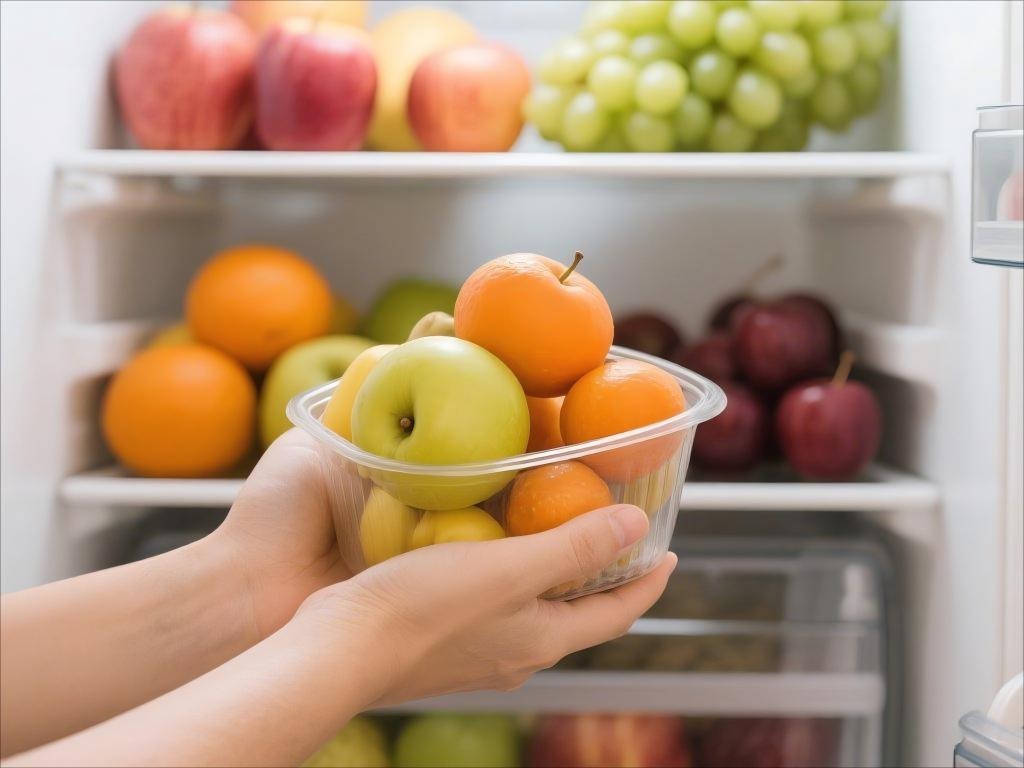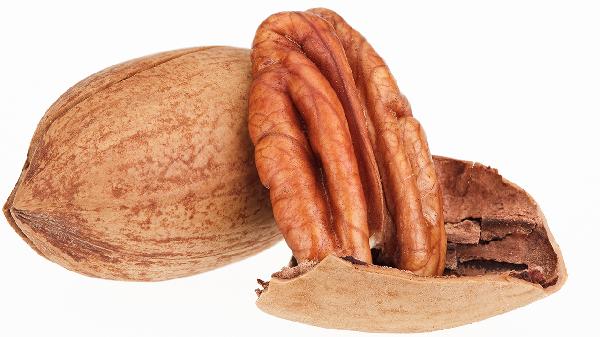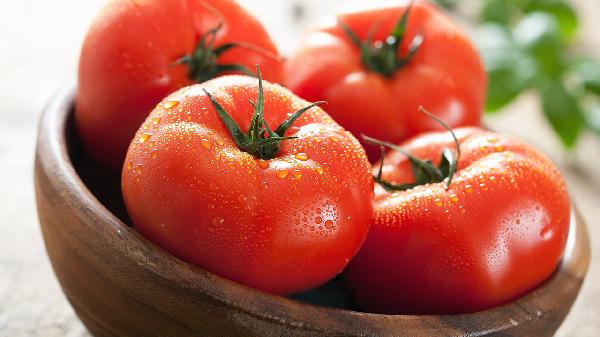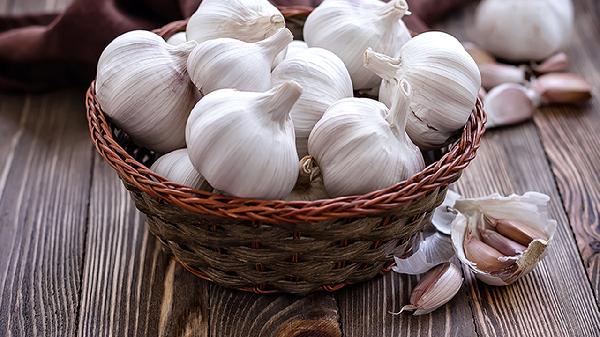Salmon isn't just another fish—it's practically a superhero in the seafood world. Whether you're tossing it on a salad, grilling it for dinner, or even sneaking it into your morning scramble, this pink-fleshed powerhouse delivers serious nutrition without demanding a Michelin-star chef to prepare it. But beyond its versatility and mild taste, salmon packs a punch where it counts: your health. From heart-boosting omega-3s to muscle-building protein, it’s the kind of food that makes you feel like you’re winning at adulthood just by eating it. And let’s be real—anything that tastes good and comes with bragging rights is a win in our book.
The Omega-3 Powerhouse You Didn’t Know You Needed
they’re the kind your body desperately needs but can’t make on its own. EPA and DHA, the two rockstars of the omega-3 family, are linked to everything from sharper brain function to lower inflammation (aka fewer post-workout "why did I do this to myself?" moments). Research shows these fats may even help fend off depression and anxiety, which, let’s face it, is reason enough to keep a stash of salmon burgers in your freezer. And if you’re thinking, "But isn’t fat bad?"—let’s set the record straight. The right fats aren’t just good; they’re essential. Salmon’s healthy fats support your cell membranes, keep your hormones in check, and even help your skin glow like you’ve been on a three-week vacation.
Protein That Packs a Punch
If you’re tired of choking down chalky protein shakes, salmon’s got your back. A single 3-ounce serving dishes out around 17 grams of high-quality protein—that’s more than an egg and without the "are we sure this is cooked?" panic. What makes salmon’s protein special? It’s a complete protein, meaning it contains all nine essential amino acids your body can’t produce solo. Translation: it’s perfect for rebuilding muscle after leg day or just keeping your energy steady when 3 p.m. fatigue hits. And for anyone worried about wild vs. farmed, here’s the scoop: both deliver comparable protein, so you’re covered whether you’re splurging on wild-caught or grabbing a budget-friendly farmed fillet.
The Mercury Myth (And Why Salmon Gets a Pass)
Sure, we’ve all heard horror stories about mercury in fish, but salmon is basically the golden retriever of the sea—friendly and low-risk. The FDA lists it as a "best choice" for low mercury levels, so you can eat it regularly without fretting over neurological side effects. That said, if you’re pregnant, always check with your doc first (though many OB-GYNs give salmon a thumbs-up for its brain-boosting DHA, crucial for fetal development). Pro tip: opt for fully cooked salmon during pregnancy to dodge any foodborne-illness drama. Smoked salmon lovers, take note—while delicious, it’s often sodium city, so balance it with low-sodium sides or go for fresh when possible.
Skin On or Off? The PCB Dilemma
Crispy salmon skin might be the ultimate texture hack, but here’s the catch: it can harbor higher levels of PCBs (industrial chemicals that hitch a ride in fat). Farmed salmon tends to be the bigger offender here, so if you’re eating it multiple times a week, ditch the skin or cook it skin-side down to let excess fat drip away. But before you swear off skin forever, know this: occasional indulgence won’t hurt. The Environmental Defense Fund notes PCBs aren’t instantly toxic in small doses. For a safer crunch, try air-frying or grilling—you’ll get that satisfying crisp without the chemical worry.
Why Your Heart (And Brain) Will Thank You
Salmon doesn’t just taste good—it’s basically a love letter to your cardiovascular system. Studies link regular consumption to lower triglycerides, reduced blood pressure, and even a decreased risk of arrhythmias. The American Heart Association recommends two 3.5-ounce servings weekly, and honestly, that’s a goal that’s deliciously easy to hit. And let’s not forget your gray matter: omega-3s are like brain armor, potentially slowing cognitive decline and even lowering Alzheimer’s risk. Think of salmon as your edible insurance policy against future "wait, why did I walk into this room?" moments.
So, is salmon healthy? Absolutely—and it’s one of the few foods that manages to be both a nutrient dynamo and a weeknight dinner savior. Whether you’re baking, poaching, or tossing it into tacos, you’re scoring benefits that go way beyond "it’s not fast food." Just remember: moderation and variety are key. Mix up your seafood choices, keep an eye on preparation methods, and your body—and taste buds—will reap the rewards. Now, who’s ready to preheat the oven?
























